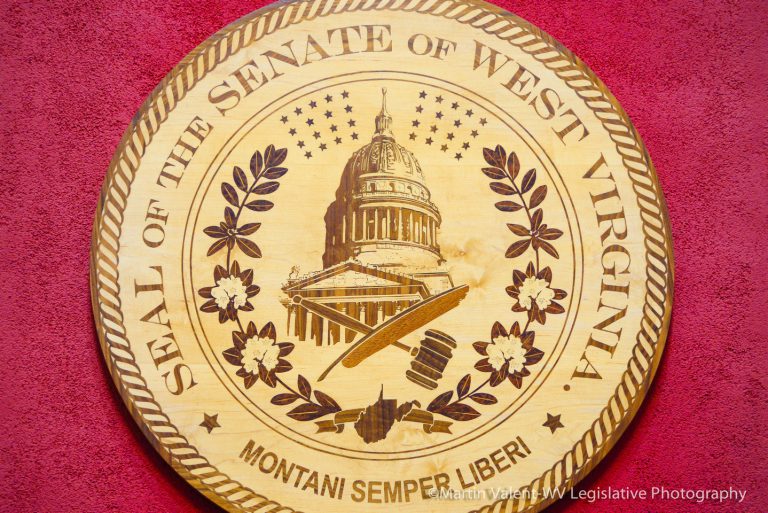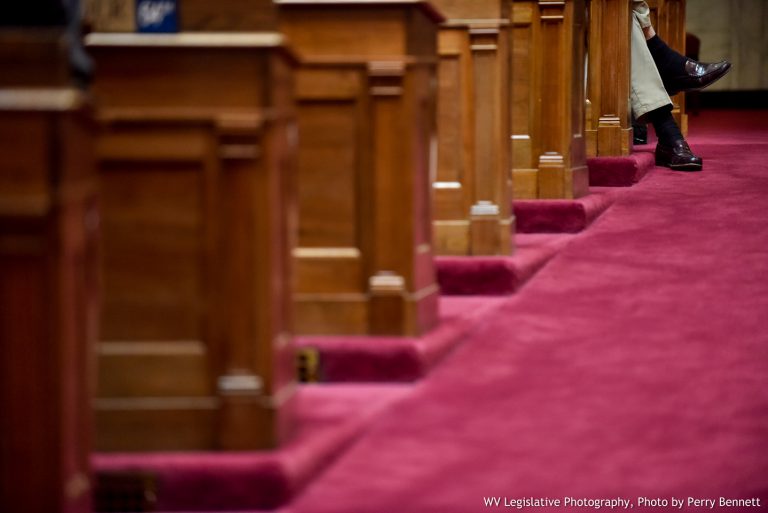The Redistricting Office of the West Virginia Legislature is a Joint Committee office serving both the Senate and the House of Delegates. In order to fully understand its purpose, one must first have a scope of the history of the census and how the census process works.
Once every 10 years across the country, Americans are called upon to be accurately counted. This is a process by which citizens let the government know that they intend to be represented and have a voice in the critical decisions that affect their lives. This is done through the U.S. Census Bureau, a division of the U. S. Department of Commerce that conducts the decennial census and issues population numbers.
The first census was taken in 1790. Article 1, Section 2 of the U.S. Constitution established that the apportionment of the U. S. House of Representatives be based upon a national census. While the decennial census has played a critical role in the apportionment of Congress for over 200 years, it is only in the last 35 years that the Census Bureau has played a major role in the redistricting process at the state level.
U. S. Supreme Court decisions handed down in the 1960s clarified the Constitution’s intention to provide equal government representation for all Americans. These decisions increased the states’ need for geographically detailed and accurate census information in the redistricting process.
This is where the Redistricting Office comes in. In a census year such as this, data is collected based on the residence of the population on April 1st. At the state level, by April 1st of the year following the census, in this case 2011, the Census Bureau Director will provide geographically defined population counts to the governor, legislative leaders and state liaisons.
Once the data is received, legislative leadership forms redistricting committees, which are charged to work with the Redistricting Office analysts to draw new geographic boundaries for Congressional, State Senate and House of Delegate Districts to ensure equal representation within West Virginia.
Once the initial plans are completed, the Redistricting Office generates the reports and maps needed for the formation of the Redistricting Bill. This normally takes place during a special session the year following the census.
Once the bill is signed into law, the Redistricting Office sends the new geographic district boundary information to the U.S. Department of Commerce and the Census Bureau, as well as West Virginia counties so they can realign their magisterial districts and voting precincts, respecting the Congressional and State Legislative District boundaries as defined by state law. The Redistricting Office helps counties as much as possible with the data needed to reapportion their districts.
The census and the task of redistricting is a constantly evolving process that begins anew as soon as the last redistricting process is over.
The census goes through a development process in the intermittent years. This involves gathering and updating geographic data about the state for the formation of new Federal TIGER (Topologically Integrated Geographic Encoding and Referencing) maps, collecting political boundary information from counties and cities and working with the Census Bureau so West Virginia is as completely geographically defined as possible.
The Redistricting Office uses GIS (Geographic Information System) mapping software that allows this process to be handled in a very precise manner. The office produces and prints maps of varying detail and selected areas as requested.
According to Redistricting and Demographic Computer Analyst Jo Vaughan, this GIS system can be used to map out any number of things for use by lawmakers.
“This mapping data allows members to very precisely see the needs of their districts in specific areas,” Vaughan said.
Being that it is a census year, it is important for all citizens in West Virginia to actively take part. While the census gives citizens fair and equal representation in government, the use of the census data is extremely far-reaching.
“So much depends on the citizens of West Virginia mailing this critical information back,” Vaughan said.
The condition of roads, the state of local hospitals, the quality of area schools and even the types of products found in local stores are influenced by the census and all Americans will soon be called upon to stand up, be counted and make a difference.
West Virginia District Maps
https://www.wvlegislature.gov/districts/df.cfm
U.S. Census Bureau
https://2010.census.gov/



 The House reconvened today at 11 a.m. and passed
The House reconvened today at 11 a.m. and passed 


 The House reconvened today at 11 a.m. and introduced a bill concerning autism spectrum disorders.
The House reconvened today at 11 a.m. and introduced a bill concerning autism spectrum disorders.
 The House reconvened today at 11 a.m. and passed
The House reconvened today at 11 a.m. and passed 
 Members adopted
Members adopted